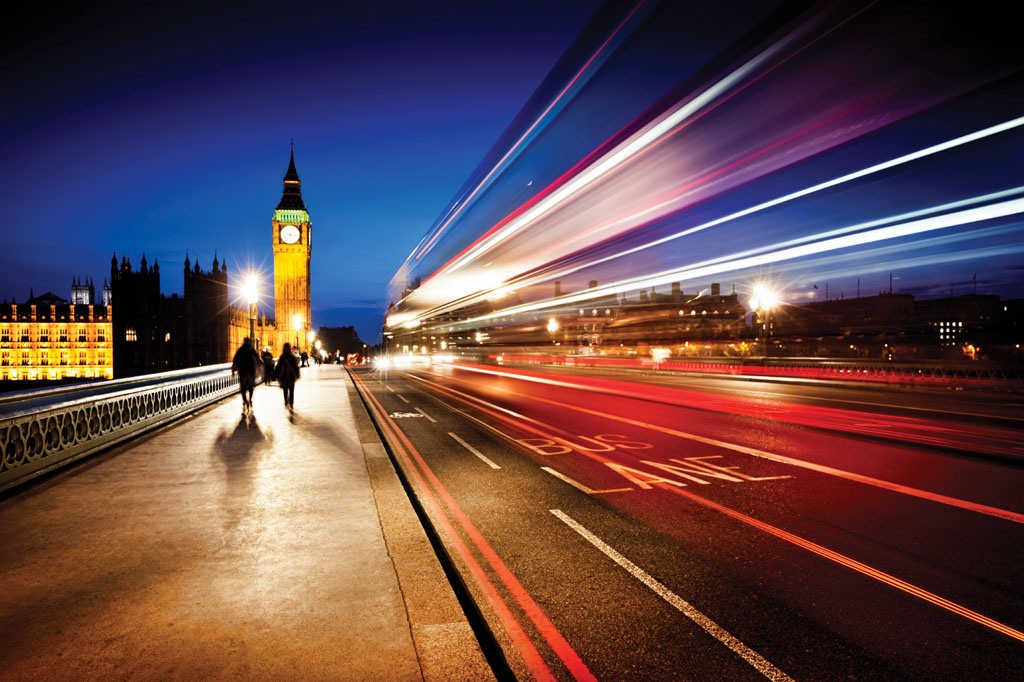For the third time in the last two months Parliamentary time was allocated to the issue of road safety in the Westminster Hall Debate on Road Justice and the legal framework held on the 20th of November 2018. The following MPs spoke at the debate:
- Ruth Cadbury
- Barry Sheerman
- Tim Farron
- Matt Western
- John Lamont
- Marcus Jones
- Liz McInnes
- Derek Thomas
- Jim Fitzpatrick
- Andrew Selous
- Judith Cummins
- Dr Sarah Wollaston
- Preet Kaur Gill
- Afzal Khan
- Jim Shannon
- Stuart C. McDonald
- Yasmin Qureshi, Shadow Justice Minister
- Rory Stewart, Minister of State for the Ministry of Justice
Summaries of key speeches are below:
Ruth Cadbury, along with John Lamont, had secured the debate and they touched on a range of issues. Both stated that four areas of road justice need review by the government: clarity over the distinction in charging and sentencing between dangerous and careless driving; misuse of the exceptional hardship rule in respect of driving bans; inadequate sentences for leaving the scene of an accident; and car-dooring. They also outlined the positive impact these changes could have on encouraging the uptake of cycling and walking.
PACTS Chair Barry Sheerman then highlighted the issue of employers putting undertrained delivery cyclists and motorcyclists into dangerous situations and the lack of strong research on the impact of exemplary sentencing on casualty numbers. Mr Sheerman emphasised the global impact of road collisions with 1.3 million people being killed on roads annually. He also recalled the impact technology has had on the safety of car occupants but the lack of similar improvements for vulnerable road users.
Andrew Selous voiced his support for tougher penalties for hit and run, greater clarity on definitions of careless and dangerous driving and the inclusion of the Dutch Reach in the Highway Code and driving instruction. He also concerns over the inadequacy of rest centres for HGV drivers, the use of fake number plates and cars being registered at ‘addresses of convenience’ and called for increased civility and understanding on the roads.
Dr Sarah Wollaston highlighted the health benefits of walking and cycling and suggested closing the exceptional hardship loophole which allows those with more than 12 points on their licences to continue driving. She also suggested that the government emphasise the immediacy and certainty of consequences for dangerous driving and asked Justice Minister Rory Stewart MP to consider the role restorative justice could play in driving offences.
Matt Western raised the issues of a lack of enforcement of speed limits, with fewer police and the removal of speed cameras, as well as the potential safety benefits of 20 mph speed limits. He also talked about drivers and road safety in the new gig economy, and the need for tougher sentencing on those who fail to stop at the scene of a crime (hit and run).
Jim Fitzpatrick, the newly elected chair of the APPG for Transport Safety, highlighted the issue of individuals driving with more than 12 points on their license, the reduction in the numbers of road police officers, and the fact that police forces in England and Wales carried out fewer breath tests last year than at any point since data collection began in 2002. He also lent his support to the establishment of a new offence of causing death or serious injury by dangerous and careless cycling, while suggesting that the Government should commission a broader review of dangerous road behaviour.
Yasmin Qureshi, the Shadow Minister for Justice, highlighted the health impacts of walking and cycling. She stated that the framework for dangerous and careless driving is both unclear and applied inconsistently and that there is a need for a review into definitions of these offences, ideally to be carried out by the Law Commission. She also stated that the lower-tier offence could be renamed ‘unsafe’ or ‘negligent’ driving and a review should consider maximum sentences and driving bans for driving offences (including the exceptional hardship plea).
Justice Minister Rory Stewart responded to the debate, highlighting the broad health benefits of cycling and the need to increase the safety of vulnerable road users. The Minster also stated that the number of people making exceptional hardship claims seemed disproportionately large and reiterated the government intention to extend the maximum penalty for causing death by dangerous driving – or causing death by careless driving under the influence of alcohol – to a life sentence. Rory Stewart finished by noting the diverse value of cycling and the government’s duty of care and obligations to vulnerable road users.
Marcus Jones, Liz McInnes, Judith Cummins, Afzal Khan, Jim Shannon and Preet Kaur Gill took the time to mention the personal impact of road collisions and the road justice system, recounting stories and events which had effected their constituents or loved ones.
A full transcript of the debate is available here: https://hansard.parliament.uk/Commons/2018-11-20/debates/7CCA537F-54DB-4F17-92AE-60DABD4137C6/RoadSafetyAndTheLegalFramework
It can also be watched here: https://parliamentlive.tv/event/index/59fc71c3-e1a9-4c85-a979-fa3c0cabe838

